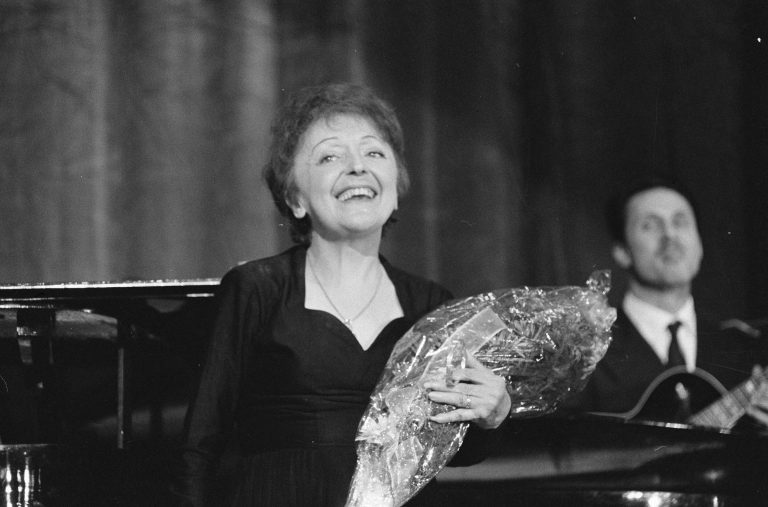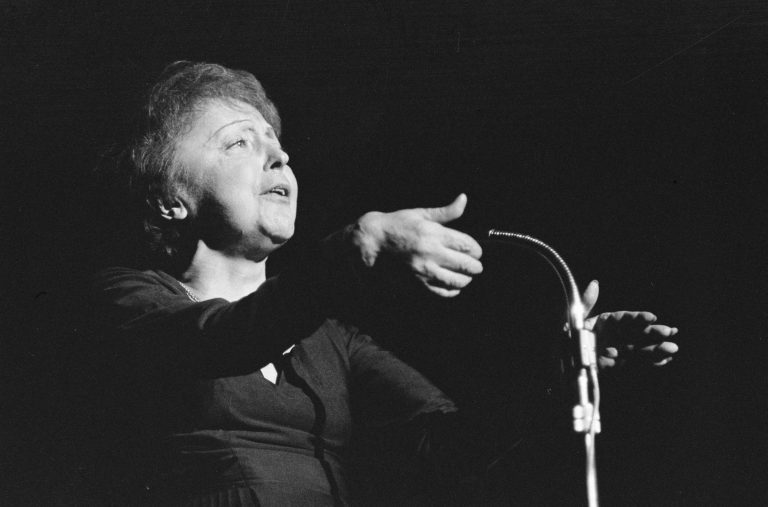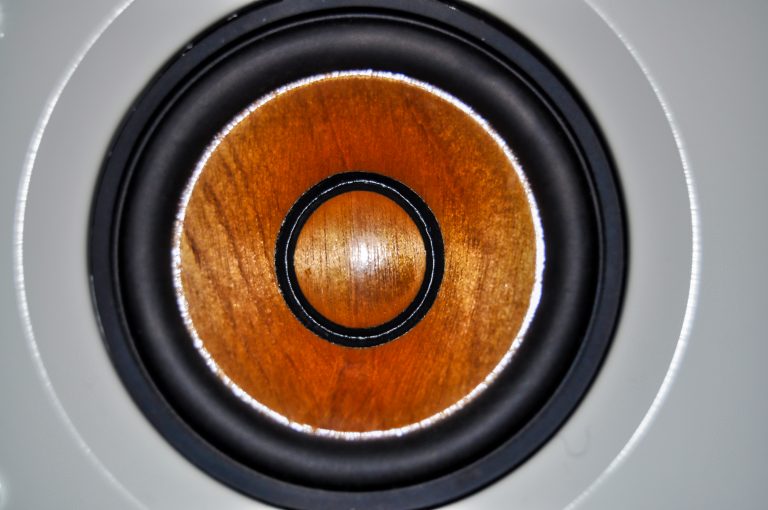Continued from part one For Edith Piaf, there seemed to be no such thing as a hopeless situation: After Lepplée’s death, she was discovered by …
Edith Piaf: A Sonorous Laugh (1.)
On that October evening in 1949 when the world boxing champion Marcel Cerdan, Edith Piaf’s lover, was killed, Piaf was due to perform at the …
Max Colpet: Where Have All The Words Gone
The German translation of the socially critical song Where Have All The Flowers Gone was penned by him: Marlene Dietrich made the song known to …
Marlon Brando: The character actor
In the fall of 1943, Marlon Brando was drawn to New York: there he enrolled at the Theatre Wing Professional School to learn the art …
The Godfather: Masterpiece of cinema
Many film lovers consider it the best film of all times: The Godfather (part one: 1972). The three-part mafia epic is based on the novel …
Leonard Cohen: The poet
He was one of the most influential singer-songwriters of modern music history: Leonard Cohen. After Cohen studied in New York for one year from 1956 …
Fred Astaire: Master of the dance
It all started in Omaha, Nebraska: Fred Astaire, whose real name was Frederick Austerlitz, was born there in 1899. His mother was the daughter of …
Goldeneye: Where James Bond was born
James Bond: Hardly any franchise attracts as many movie-goers as the adventures of the British secret service agent with the number 007. Many people know …
Dalida: The exotic chanteuse (3.)
Iolanda wanted to present her new musical style at the Olympia: But the owner of the Olympia, Bruno Coquatrix, did not believe that she would attract the audience with her new style. Dalida herself was also doubtful: she was not sure if her audience, used to chansons like Bambino, would accept melancholic chansons.
Dalida: The exotic chanteuse (2.)
The success of Bambino was enormous: she received a gold record for 300,000 sold records of Bambino. But at this point Dalida’s journey of success was far from over.
Lucien Morisse, her lover and also her manager, landed a second hit with her: Gondolier.
The song was written in French and Italian – which improved the chances for success. The plan worked: Gondolier became Dalida’s second big hit – this time the song also enjoyed great success in Italy.






